Higher profitability is automatically associated with an increase in yields or production. However, some examples show this isn't the only way to achieve it.
"The last productions have been very intensive and, at the sector level, we've been forced to produce more and more. However, having a higher production also implies having more expenses and needing more inputs (energy, materials, fertilizers, pesticides, and phytosanitary products to face more and more pests) in a context in which prices have been very stable over the years and costs have been increasing. This cycle was leading us to a point of no return, both economically and environmentally", stated Ernest Mas, Director of Verdcamp Fruits.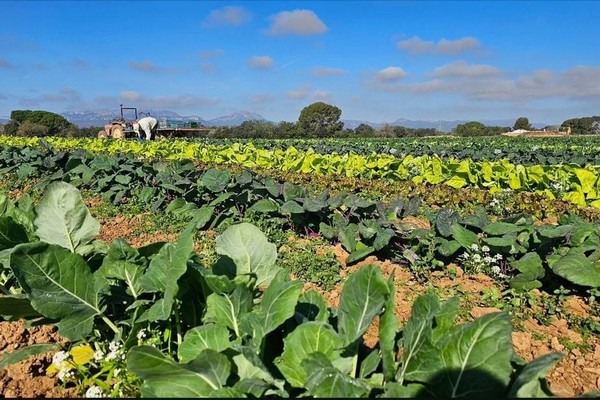
"We realized that we had to change the way we were doing things. if we continued to grow monocultures, it would be difficult to reverse this trend towards climate change and the loss of soil fertility. In addition, growing monocultures makes it easier for pests that find their food in a single crop to spread."
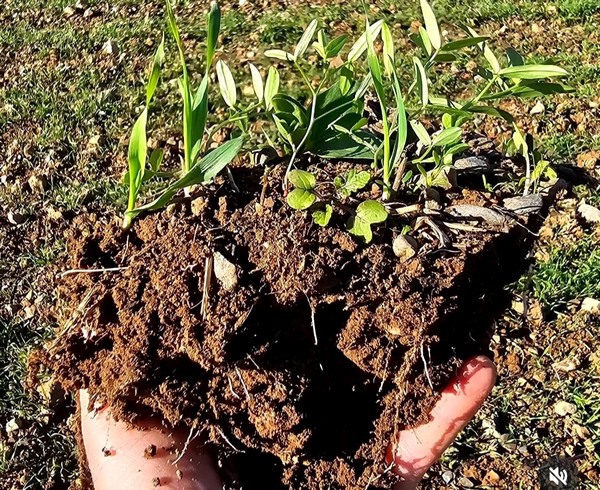
"That's why 14 years ago we decided to change our way of farming and opted for organic farming and are now moving towards regenerative farming, restoring the health of the soils, which has allowed us to produce more and better cope with the weather conditions," Ernest stated. "We've also started working with biological control and decided to restore biodiversity on our farms by implementing floral intercropping to promote the establishment of auxiliary fauna and native fauna to balance pests. By doing this, we went from carrying out about 8 treatments against aphids per cycle to not having to do any at all, which indirectly helped us increase the profitability of our productions."
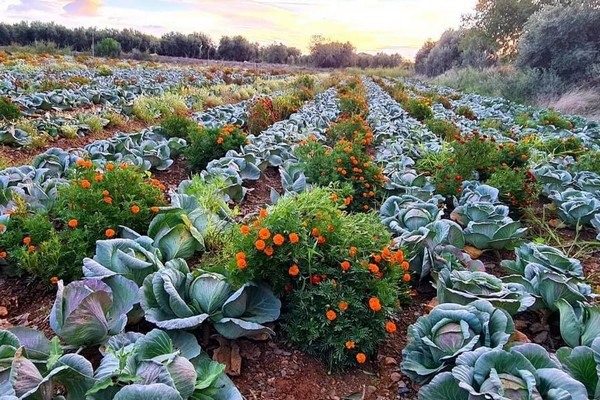
"I don't know if this is the future way of doing things, or if it'll become the necessary way of doing them, but this is the line of work we want to follow. Polluting continues to be easy and profitable; as long as it is, there won't be a change at the planetary scale."
"We have gone from producing few monocultures to growing more than 20 references"
Verdcamp's work and determination have been recognized on many occasions. The Department of Agriculture of the Generalitat de Catalunya awarded the company with the Agri-Food Technological Innovation Awards; the BBVA and El Celler de Can Roca awarded it first prize in the first edition of the Sustainable Producers Award; they were among the finalists of the European Bee Award, and in addition, in 2017 the company was a pioneer at the European level in calculating the carbon and water footprint in crops such as watermelon.
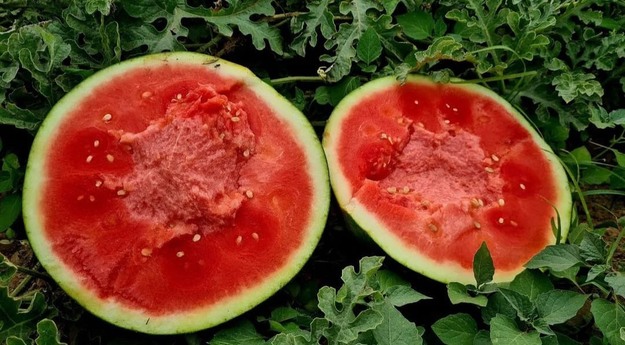
"Producing is important, but balancing the cost, environmental, and economic impact of the production is important," Ernest continued. "In this regard, we took a second step in terms of marketing our production."
"In the past, we exported 70% of our production. We prioritized producing a few types of vegetables to mechanize everything as much as possible to be more profitable. Now we have reversed those figures: we cultivate more than 20 crops and market 70% of the production in the domestic market where local produce is highly valued."
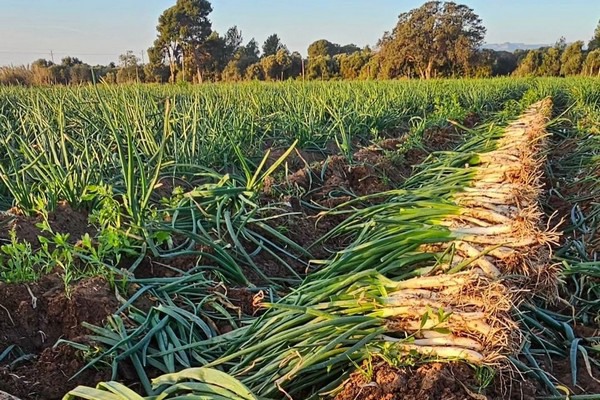
"In prepared foods, the value of proximity products is lost in the labeling"
"In Spain, there is a great trend towards the consumption of proximity products. It's even bigger, for example, than organic consumption. In the organic segment, however, there is an increase in already processed and packaged products."
"People tend to think organic fresh produce must be small in size and, in general, more expensive than non-organic products. In addition, we had a regulation that required packaging organic products to sell them in large retailers. Now, there is an increasing rejection of packaging, which should make us reflect on whether the regulations are too strict and do not help consumers to opt for organic products."
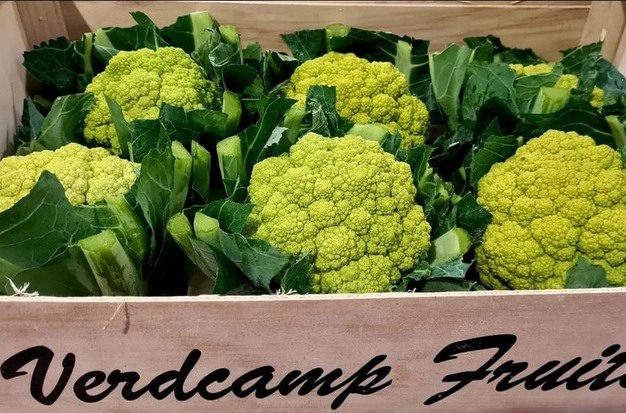
"Consumption of prepared foods, organic or not, is increasing because of the way we are living. Prepared foods should also promote the use of proximity products. In the fresh sector, proximity adds value and differentiates our production. In our area, for example, supermarkets are working to promote products of Catalan or Spanish origin. However, this value is lost in the labels of prepared, processed, or cooked foods. At most, these labels say where the food was prepared, but the traceability of the ingredients is lost."
"There are more and more processed, prepared, and cooked products and they are gaining more and more notoriety in the distribution chains. As a producer, I wonder if the companies that are making an effort to promote local, seasonal, and more natural agriculture, and all of us who have fought and managed to ensure that the origin of our products is specified on the labels, can't manage to get this origin on the labels of food when it comes on a plate or in a container."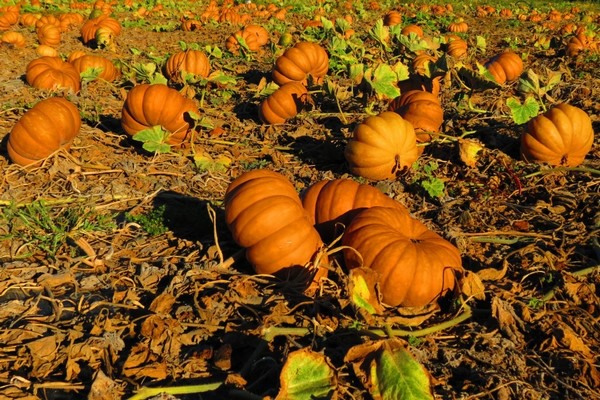
"We are already living in a very disconnected society. Not knowing the origin or the way the food you consume was produced isn't a positive thing."
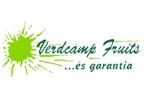 For more information:
For more information:
Verdcamp Fruits
Tel: +34-977793859
Email: verdcamp@verdcampfruits.com
www.verdcampfruits.com
